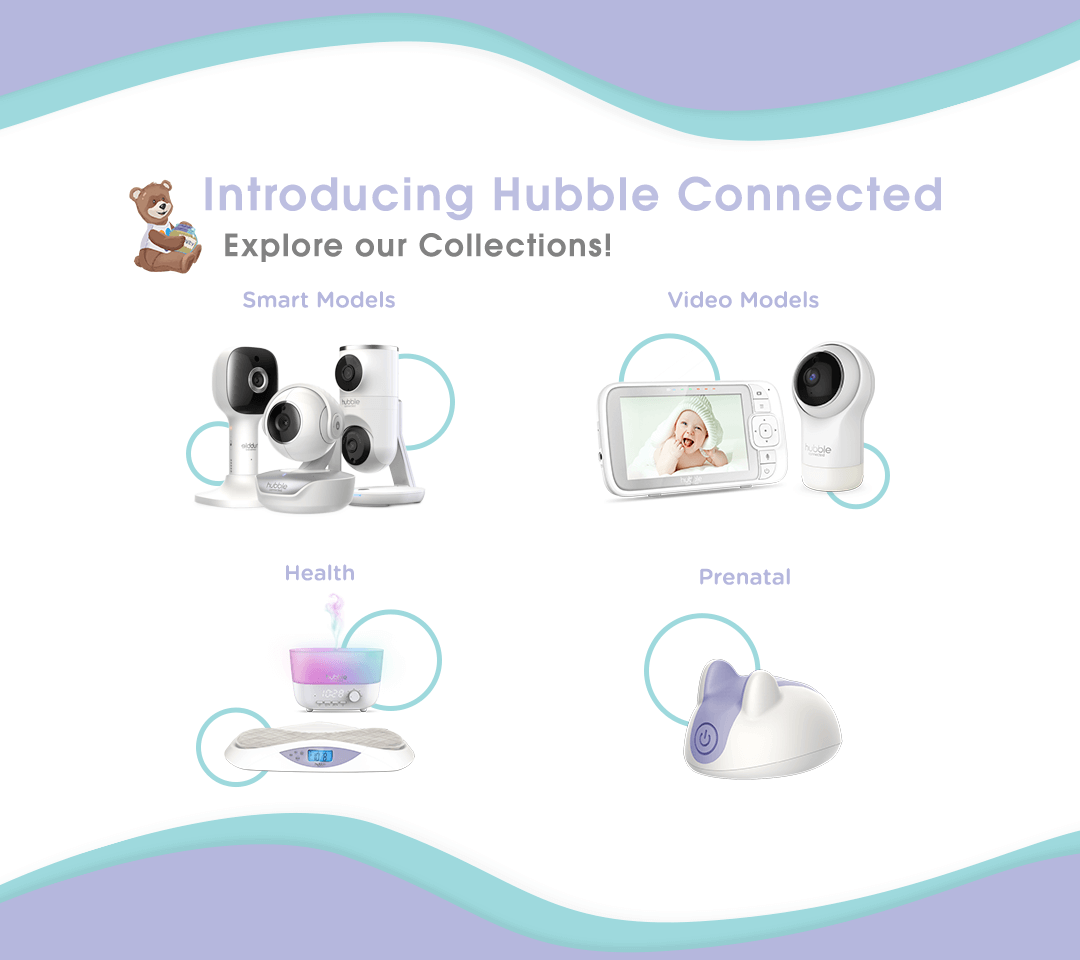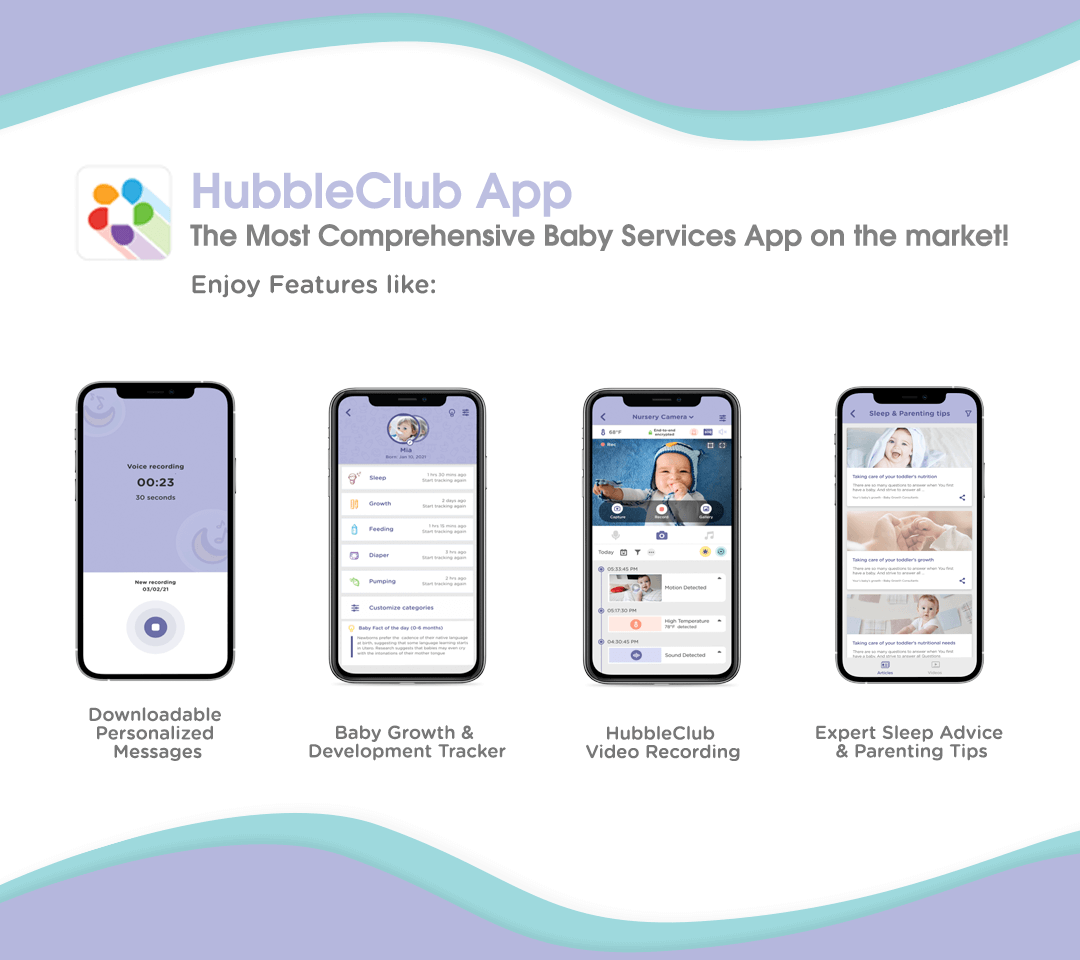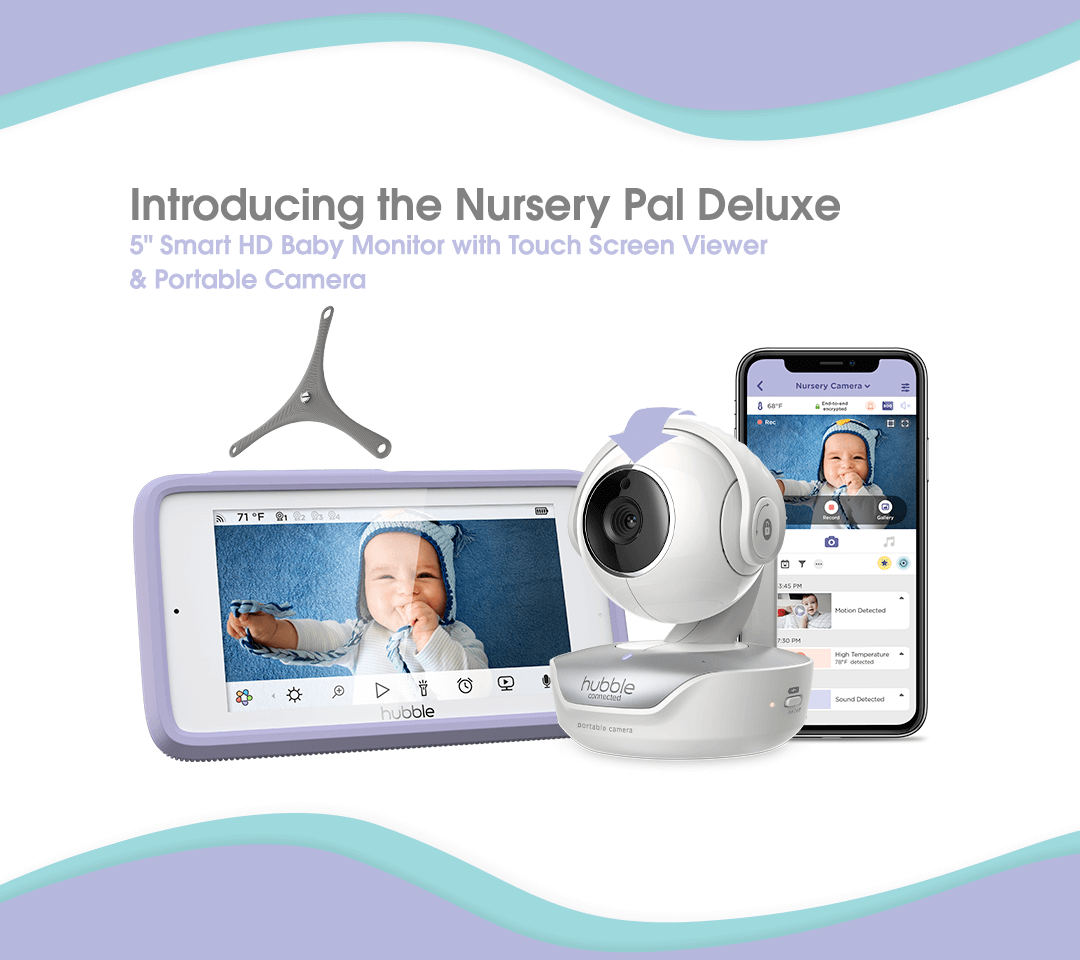Your Cart is Empty
June 11, 2021 3 min read

The very1st trimester is the first shaky yet exciting step to the wonderful experience that ismotherhood. A would-bemom should know about the changes that her body will undergo in what is commonly known as the1st trimester. The1st trimester starts on the first day of your last menstruation and lasts till the end of week 12 of yourpregnancy.
A whole lot happens during these crucial first three months. Many questions pop up in the mind of the would-bemom about the changes taking place in her body. The common questions that come to mind are:
The1st trimester ofpregnancy can be exhilarating as well as somewhat frightening. Some of the alterations start before you even know you are pregnant.The trick is to know enough about pregnancy. If you and your partner are planning a baby and are waiting for those first precious signs, read on.
A missed period is often the first sign ofpregnancy. There are other signs, too, like mild cramping and even a little bleeding when the fertilized egg sticks itself to the uterine wall.
If you have missed your period and think you might be pregnant, take a homepregnancy test. However, home pregnancy tests may not be conclusive. Follow up with a blood test at a clinic and see your gynecologist.
Feeling exhausted and not wanting to eat certain food items while craving others is another common symptom of the onset ofpregnancy.
Morning sickness is mainly nausea and vomiting. Morning sickness generally dissipates by the 2nd trimester.
Other Changes During the 1st Trimester
At the end of the1st trimester, you will urinate more. This is because the growing uterus keeps pushing your urinary bladder.
Your body is working way too much to create extra blood to help the growingbaby. This causes lightheadedness and dizzy spells.
The muscles that break the food down become more relaxed. Hormonal changes slow the metabolism process. The food stays slightly longer in the stomach, and this often causes heartburn.
A daily dose of iron is needed to maintain blood levels. Iron and vitamins may lead to constipation, eventually causing gas and stomach bloating.
You may notice that your skin seems to glow a great deal. It is called the‘pregnancy glow.’ It is caused by increased blood circulation. However, be wary of the onslaught of acne.
Most women will see changes in their breasts early on in this trimester. There will be some hormonal changes in your developing body, which is changing to prepare for the act of breastfeeding. Your breasts may get tender and fuller. They may continue to grow and change throughout yourpregnancy. Your breasts may feel even more swollen later on.
The lining of your vagina becomes thicker. Although you might not physically see this change yourself, one way to detect the thickening of the vaginal wall is through a missed period. A period is typically the shedding of the vaginal tissue.
Your once smaller waistline will start to grow as thebaby and the uterus grow larger. Don’t beat yourself up if you don’t see a prominent change in your belly yet. Some women don’t start showing until the second trimester.
Your hormones are very active duringpregnancy. You may feel moody, not be able to concentrate, and will lash out for no reason.
Some Other Factors to Consider
Although we have included the most common symptoms here, we would like to reiterate that eachpregnancy is different, just as each body is different. Do not be worried if the changes do not happen at a particular time. Talk to your doctor if you feel stressed.
Conclusion
Contact your doctor immediately if you think you are pregnant. They will be able to clinically prescribe the next step you need to take in yourpregnancy and explain more about care duringpregnancy. This guide is a way for you to understand your body’s changes and needs. It may feel scary, but the gift at the end of this trumps everything else.

June 21, 2021 3 min read

June 21, 2021 3 min read
and get $10 OFF your next Hubble Connected purchase.
.png?v=1627679689)

.png?v=1627679796)
.png?v=1627679828)



